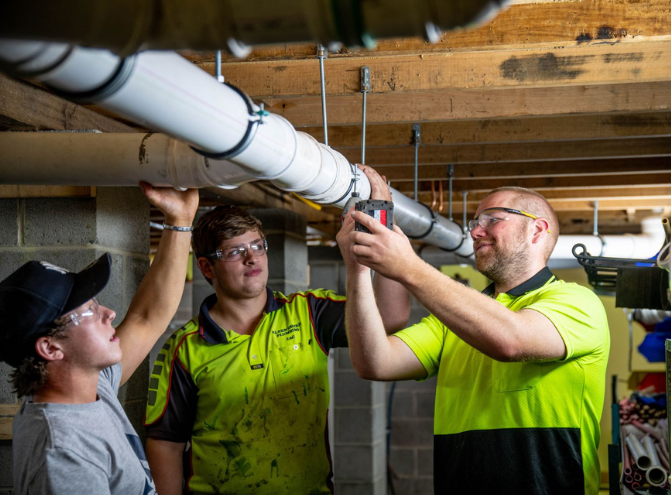For most people, lacking recognized qualifications is a significant disadvantage when finding a decent job. Also, this lack of qualifications will affect when you try to access higher education and migrate to other regions. Even though you have the required skills and knowledge, all your effort might go in vain without proper qualifications. For a situation like that Recognition of Prior Learning (RPL) is the best option. With this blog, we will talk about acquiring such a qualification.
But, before that, we need to talk about the RPL.
What is Recognition of Prior Learning?
This Recognition of Prior Learning process will provide formal qualifications for individuals, depending on their skills. After you complete this process successfully, you will be skills certified. If you are worried about your lack of certifications, now you don't need to do that. Because you will get proper certification for your skills and knowledge; Also, this process largely contributes to employability, lifelong learning, mobility, and social inclusion.

If we talk about the labor market, this RPL process will allow companies to choose the proper individual for their company. So, it will increase productivity considerably.
History of the RPL
The idea first came to life during the Industrial Revolution days. At that time, the first formal apprentice programs were launched to train young women and men. In those programs, they were able to improve their trading skills.
In the late 1980s, the British government introduced the Accreditation of Prior Learning. The government, through this program, was able to help unemployed people to gain proper qualifications. So, this was the first official Recognition of Prior Learning program in history.
How do I Obtain Recognition of Prior Learning?
You must have obtained a basic idea about the Recognition of Prior Learning by now. To obtain such a qualification, first, you will have to understand your skills. Then you can apply for an institute that offers RPL. After checking your previous skills and knowledge, they will give you a proper learning process with training. Finally, you will get a certificate related to your skillset.
Benefits of Recognition of Prior Learning
There are a lot of benefits you can get from this kind of process. So, here are those benefits.
It Doesn't Consider the Age, Gender, or the Physical Attributes
You can complete the RPL process regardless of age, gender, or physical attributes. So, this process is open to anyone that wants a proper qualification.
Get the Qualification Solely by Your Skill Set
Unlike other courses, diplomas, and degrees, in the Rpl Certificate process, you will learn and improve the things you already practice during your life. So, it will be an exciting experience.
Wrap Up
The Recognition of the Prior Learning process will make a difference for your qualifications. It is a fantastic chance for the young and old generation to improve their life. For some, it will be a second chance for redemption. So, don't waste more time and get qualified today for your dream job
Comments
Post a Comment